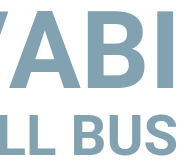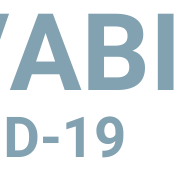Growing Use of Virus-Related Waiver Forms in the Small Business Community – But Are They Legally Enforceable in Virginia?
With lowering restrictions and more people venturing outside of their homes across Virginia, small business owners in the process of reopening are wondering how they can protect themselves from COVID-19-related liability risk. In many cases, owners are requiring customers to sign a “virus waiver” as a risk management strategy. However, liability waivers for COVID-19 exposure, contraction, and/or spread, are still new and have not yet been interpreted by the courts. Therefore, it is not entirely clear to what extent virus waivers will provide to be legally enforceable if challenged in court.
Examining prior case law in Virginia, there is reason to question the enforceability of these waivers. Virginia courts have consistently held for over a century that personal injury waivers and releases are void because they violate public policy. For example, in Hiett v. Lake Barcroft Community Association, 241 Va. 191, 418 S.E. 2d 894 (1992), the Virginia Supreme Court ruled in favor of the injured party, holding that the release and waiver in question was unenforceable and against public policy. With that in mind, it seems reasonable to conclude that courts would reach the same conclusion with respect to virus waivers.
This precedent relating to liability waivers leads one to question why these waivers are so commonly used if they are not enforceable. Good point. Notwithstanding the enforceability issue, many business owners believe in the practice of utilizing waivers because it reminds customers that the activities in which they will be participating involve risk, thereby encouraging them – at least indirectly – to exercise a reasonable degree of caution and prudence during their participation. In addition, it is plausible that many people will accept the waivers on their face and voluntarily comply regardless of their enforceability.
Overall, if you are looking to craft an effective waiver form for your small business, here are a few recommendations:
- Make the waiver conspicuous and obvious to customers.
- Use clear and unambiguous language.
- Reference “negligence” specifically in your waiver.
- Do not attempt to disclaim any liability for recklessness or intentional acts.
- Accompany the waiver with reasonably protective measures, to the extent possible, including establishing and following good standards of care specific to the pandemic, following CDC guidelines, following state and local health department guidelines and orders, providing remote options for customers if at all possible, and offering customers an opportunity to ask questions.
If you are looking for assistance with waivers or other template contracts for your small business, e-mail or call Eric Perkins at [email protected] or (804) 205-5162 any time!






Leave a Reply
Want to join the discussion?Feel free to contribute!